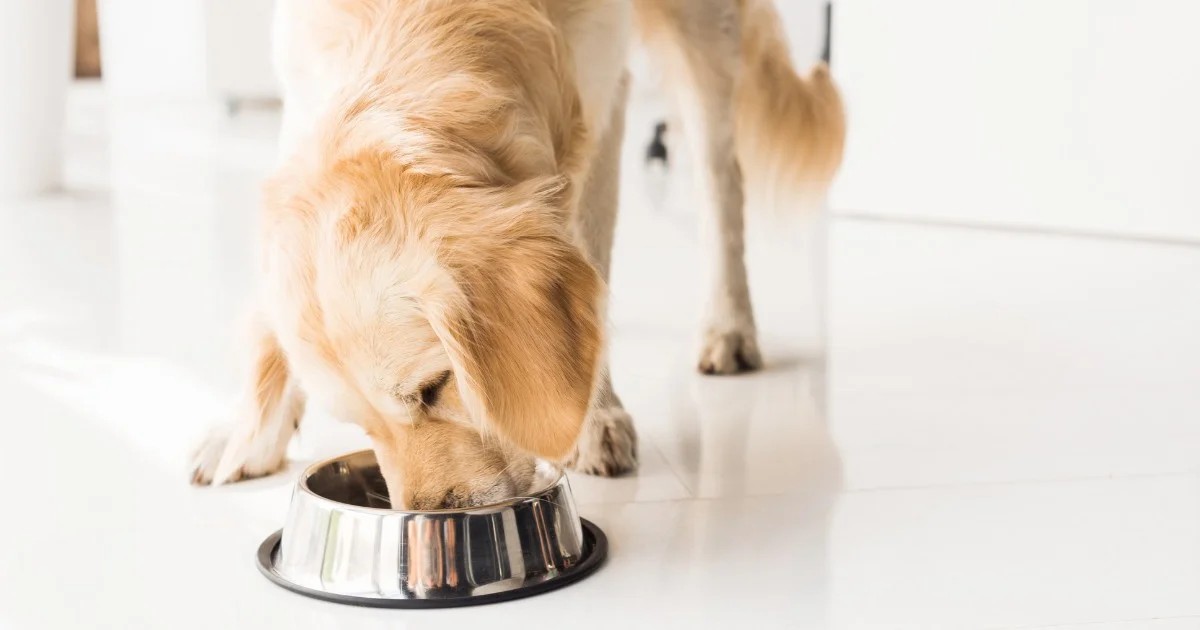How to Support Your Dog’s Digestive System Naturally
A properly functioning gastrointestinal system allows dogs to thrive by absorbing ample nutrition from consumed foods. Nevertheless, many pets suffer occasional bouts of vomiting, diarrhea, constipation, flatulence and discomfort from dietary intolerances, illnesses, and aging decline. Implementing strategic natural interventions helps ease digestion, nurture microbial balance and prevent issues.
Feeding Appropriate Whole Foods
Dogs evolved consuming whole prey animals, including muscle meat, organs, bones and vegetable matter from digestive tract contents. Their systems operate best when digesting unprocessed ingredients high in bioavailable proteins, amino acids, enzymes, and antioxidants. Many pet owners are turning to non-kibble dog food options like fresh, raw, or gently cooked meals that better mirror ancestral diets. The experts at Nextrition say that dog food with pre- and probiotics improves canine gut health.
Strategically Using Supplements
Certain nutritional supplements support healthy digestion and efficient waste elimination. Probiotics replenish beneficial bacteria populations upset by illness or antibiotics. Prebiotics feed good flora already present. Digestive enzymes facilitate improved breakdown of foods fully utilizing nutrients. Gelatinous broths and bone stocks soothe inflamed intestines. Psyllium husks and pumpkin provide gentle fiber bulking up stools. Glutamine repairs leaky gut lining. Peppermint, ginger, fennel and papaya enzymes ease various discomforts.
Encouraging Adequate Hydration
Chronic low-level dehydration thickens mucus secretions slowing transit times and causes constipation. Ensure unlimited access to clean, appealing water sources. Add broth, gravy or water into kibbles, increasing fluid percentages gulped during eating. Feeding fruits and vegetables with high water content keeps cells hydrated. Bring water bottles on walks preventing overheating. Consider installing circulating water fountains enticing drinking. Rule out underlying kidney issues causing excessive thirst, indicating organ dysfunction.
Implementing Appropriate Exercise
Vigorous exercise immediately before or after eating risks dangerous twisting stomachs and discomfort from food jostling around during intense activity. Require at least 30 minutes of restful sitting before and after meals, allowing digestion initiation easier. Extensive exercise right after drinking risks water aspiration into lungs. Mild walking facilitates bowel motivation and counters constipation naturally. Muscular activity maintains a healthy gut overall through beneficial hormone releases from exertion.
Establishing Routine Schedules
Dogs thrive following predictable daily schedules allowing bodily synchronization. Feed meals, snacks and treats at consistent times, preventing starvation while avoiding constant grazing. Institute regular potty break opportunities to encourage timely waste eliminations. Positively reinforce prompt eliminations with praise, never punishment accidents.
Mitigating Stress Reactions
Anxious personalities and stressful situations unleash floods of hormones altering normal gut equilibrium. Stress damages protective stomach lining, allowing damaging bacteria influx triggering diarrhea. Abundant adrenaline and cortisol also disrupt natural intestinal immuno-communications triggering inflammation or slowing motility. Counteract external pressures by providing secure dens, steady daily routines, behavioral desensitization training and anxiety, reducing nutraceuticals if needed.
Incorporating Gentle Exercise
An inactive colon accumulates excess waste and gas, contributing to constipation and discomfort. Mild physical activity motivates natural contractions shifting contents along while stimulating circulation. Attempt multiple short walks daily instead of one long outing which risks overexertion diarrhea from extreme athletic demands on digestive reserves. Easy activity helps elderly or mobility impaired dogs most vulnerable to constipation issues too.
Scheduling Veterinary Wellness Checks
Complete annual veterinary exams facilitate early identification of brewing digestive problems through bloodwork, parasite checks and physical assessments. Discuss any unusual symptoms suggesting gastroenteritis, food allergies, obstruction blockages, inflammatory conditions, organ dysfunction or cancers warranting further diagnostics.
Support your dog’s gastrointestinal wellness naturally through species appropriate diets, vital supplements, hydration, wise exercise habits and veterinary teamwork. Pay attention to subtle indications of trouble, adjusting interventions until their unique needs are fully met. Aid and comfort your loyal companion through every stage of life by proactively optimizing digestive function.




